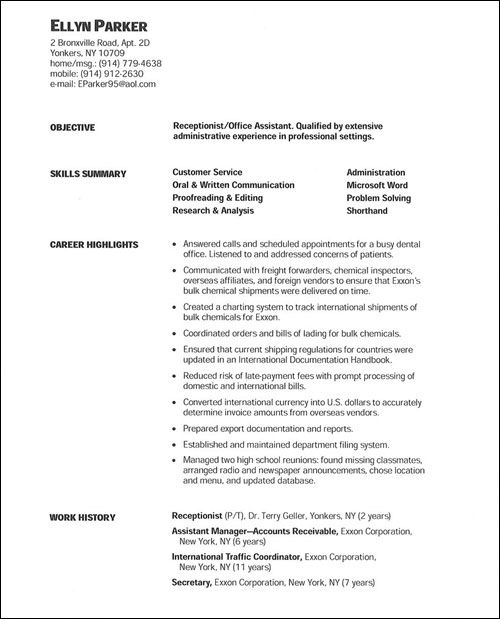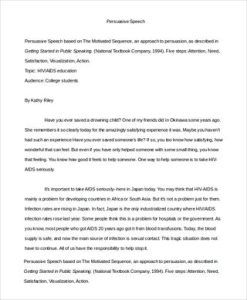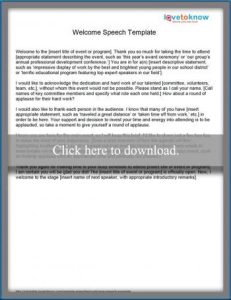I used a nice template I found on Zety. Free Job Training for Women.

More Than 100 Resume And Templates For Different Types Of Resumes Jobs And Level Of Job Seeker Template Examples Resume Job Resume Examples Functional Resume
If your stay-at-home-mom resume lists homemaker activities that are related to your job target it makes sense to draw attention to your parenting activities and accomplishments.

Resume for stay at home mom returning to work examples. How to create a stay at home mom resume. Sep 18 2018 Sample Resume for a Stay-at-Home Mom Returning to the Workforce See more templates and create your resume here. Some employers may think that staying at home to parent is a lapse in job experience but if framed correctly they will see what you see.
For stay-at-home parents putting together a resume to rejoin the workforce can feel intimidating. Stay At Home Mom Sample Resume Best Functional Resume Stay At Home In most cases we do not offer sufficient importance as well as enough time to our resume and also try to obtain it carried out in a short period of time. Jun 05 2018 Fortunately that difficulty can be minimized with the right resume.
Returning Mom Resume Template. Theres no denying the challenge that a stay at home mom can face. In this post well go over some important resume tips to help you craft a resume that can get you back to work.
For example if youre looking for a job teaching or working for an organization serving children you could emphasize the relevant experience of child care and. Samples of Resumes to Include in a Job Application. Oct 19 2020 Stay at Home Mom Cover Letter Sample.
February 18 2020 By the Resume Genius Team Reviewed by Mark Slack CPRW. Here are some things to consider as you revise your resume as a stay at home mom. To help you get started take a look at this example of a hybrid resume for stay-at-home mom Mary Evans.
Caring for young children is a full-time job but if youre ready to re-enter the workforce we have the perfect cover letter sample for stay at home moms and dads. The resume sample provided features volunteer activities education past work experience and professional affiliations. Feb 28 2021 Writing a good work summary and work experience section for a stay-at-home mom is all about framing.
Apr 09 2021 Start your resume with a summary of your previous work experience. May 01 2020 Stay-at-Home Mom Resume Summary Example Fast-working and friendly receptionist with 18 years of experience working on the front desk of a local gymnasium where I achieved a customer satisfaction score of 98. October 19 2020 By the Resume Genius Team Reviewed by Mark Slack CPRW.
One of our users Nikos had this to say. Feb 29 2020 For some stay-at-home moms being at home with the kids meant a break in full-time salaried work but did not mean a break in paid work. Mar 30 2021 Common Key Skills and Action Verbs for Stay-At-Home Mom Resumes.
Highly-skilled in data-entry customer service and negotiation. We have tips for moms and dads with various levels of experience including a lot a little and no professional background. Staying at home to parent is a valuable full-time job experience.
Even a few months away from the workplace can seem like an eternity. If the baby is already in the Big School and youre itching to get back to the 9-to-5 grind you will need a Stay at Home Mom resume that will make the employer overlook the jobless gap and recognize your transferable skills for the position. The PDF is editable so you can replace the information in the document with your own information and print right.
For example if you were a graphic designer before becoming a stay-at-home parent you could talk about how many years you were in that role and some unique graphics you created. Apr 28 2021 A resume for a stay-at-home mom can help to reintroduce you into the job market and show a hiring manager that you have maintained your skills and experience as well as developed new ones while you were parenting. Stay-at-home moms come from diverse backgrounds and have a wide range of skills and the time that they spent away from their professions to care for children or family matters does nothing to negate the abilities that they had when they first entered the workforce and that they gained during their.
Being a mom is one of the noblest and at the same time toughest jobs in the world. If youve worked on a contract temp or freelance basis thats absolutely relevant information and it should be included on your resume. While functional resumes allow you to focus on skills and downplay your employment gap as a stay-at-home mom chronological resumes are the easiest for ATS systems to read and can keep your resume clear and easy to digest.
My resume is now one page long not three. Stay at Home Mom Resume Gap. Mention all the details of your past professional experience and focus on how you managed to keep yourself busy during the gap of your professional journey.
Jan 26 2020 Follow the given points to write an objective for stay at home mom with no work experience resume or resume for homemaker returning to the workforce. Feb 18 2020 Stay-at-Home Mom Resume Example.

Stay At Home Mom Resume Sample With Work Gaps Good Resume Examples Stay At Home Mom Writing Tips

Reentering The Workforce Resume Examples Best Of Cover Letters For Reentering The Workforce Job Resume Examples Resume Examples Resume Templates

Stay At Home Mom Cover Letter Sample Cover Letter For Homemaker Returning To Work Stay At Home Mom Cover Letter For Resume Cover Letter Example Cv Cover Letter

The Gap In My Resume From Being A Stay At Home Mom My Resume Resume Tips Return To Work

Example Resume For A Homemaker Returning To Work Lovetoknow Return To Work Job Resume Resume Objective Examples

Stay At Home Mom Resume Example Resume Writing Examples Resume Examples Good Resume Examples

How To Write A Stay At Home Mom Resume Resume Genius Stay At Home Mom Resume Tips Stay At Home

Stay At Home Mom Resume Sample With Continuous Work Experience Resume Writing Examples Stay At Home Mom Resume

Stay Home Mom Professional Resume Work Experience Examples For Returning Free Inside

Cv Example For Stay At Home Mom Icover Org Uk Cv Examples Resume Examples Return To Work

Stay At Home Mom Resume Example Resume Examples Stay At Home Mom Stay At Home

Stay At Home Mom Cover Letter Sample Download Job Cover Letter Cover Letter For Resume Cover Letter Sample

How To Write A Stay At Home Mom Resume Resume Genius Resume Examples Stay At Home Mom Resume

How To Write A Stay At Home Mom Resume Resume Genius Job Resume Examples Return To Work Resume Examples

Stay At Home Mom Back To Work Resume Example Free Resume Templates Good Resume Examples Resume Examples Resume Skills

Sample Resume For Stay At Home Mom Returning To Work Google Search Resume Examples Resume Skills Section Resume Skills

23 Cover Letter For Stay At Home Mom Return To Work Cover Letter For Resume Resume Examples

Sample Cover Letter For Stay At Home Moms Returning To Workforce Cover Letter For Resume Cover Letter Return To Work

Types Of Resume Application Resume Examples Return To Work Resume

